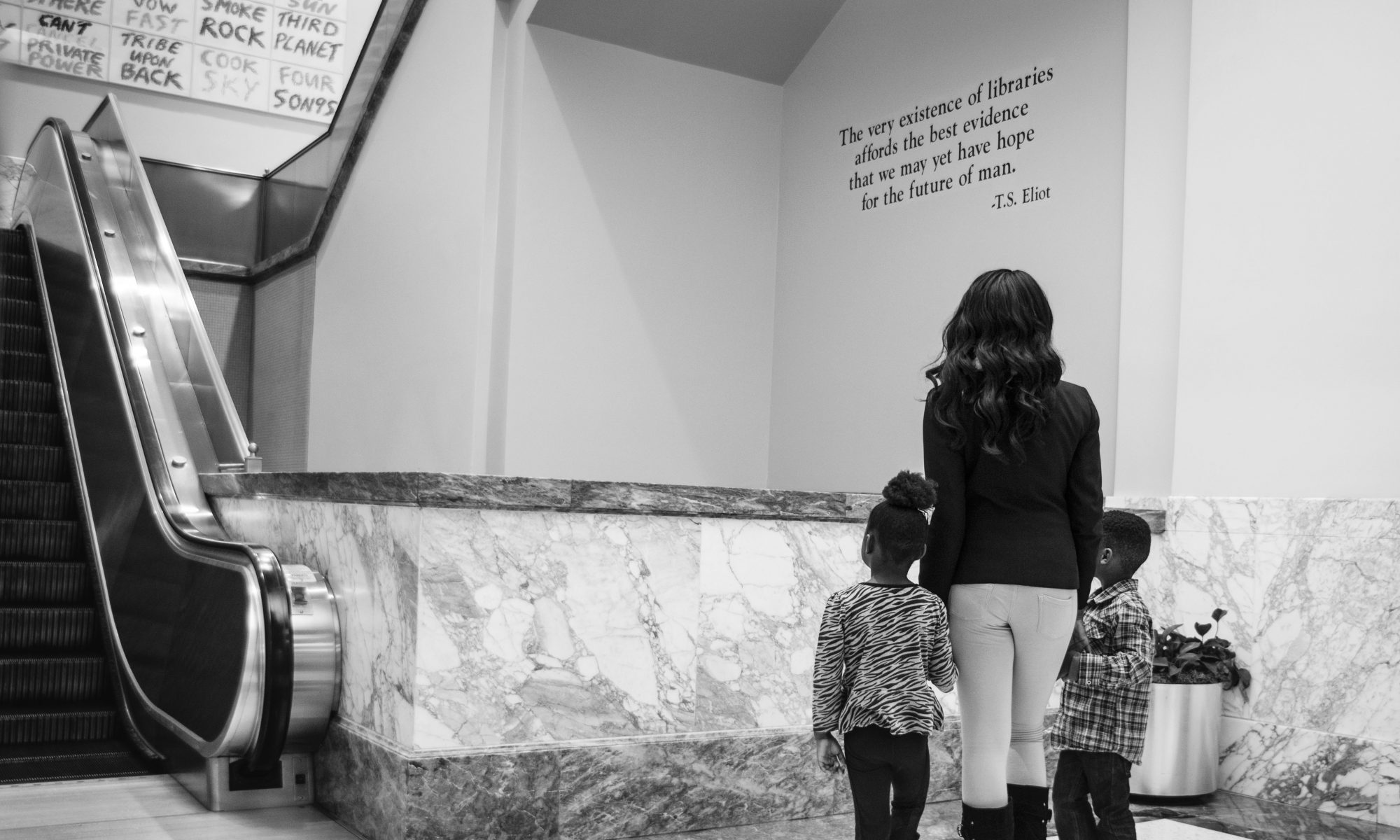My Time as the RUSA Spectrum Intern
Hello everyone, my name is Kirk MacLeod and I’m the current RUSA Spectrum Intern. Although I’ve still got just over half a year to go in the position, so far this has been one of the most rewarding in my professional career, a career that has (for me), spanned three libraries, three rounds of education, and ten years of (mostly) continuous part-time education. But before I get into my involvement with RUSA and Spectrum, it’s probably best to give a bit of background information on myself, so here goes.
I’m from Edmonton, Alberta, CANADA, which also happens to be the Northernmost city in North America with a population over one million. I was lucky enough to marry the nicest woman I’ve ever met, have two lovely daughters (aged 21 and 17 – who also both work in libraries right now), and spend my free time reading, blogging, gaming, book clubbing, and cycling. I am also Cree Indian (one of the largest tribes in Canada), and have spent the majority of my career to this point working in libraries which support First Nation communities.
As a young man I decided to follow in my mother’s footsteps and get my Library Technician Diploma (which is like an Associate Degree here in Canada), as I had grown up watching her work in libraries and thought it might be a good fit for me as well. My first permanent job in the profession, running a one-person library for two First Nations Non-profit organizations, specializing in addictions and legal counselling in 2000, started as a summer student job and quickly became my professional focus for the next ten years. My library was pretty great; I had regular, dedicated patrons and although I was housed in a basement with no windows, as a one person library I always had work to do. While working I decided to pursue a bachelor’s degree through Athabasca University (an excellent distance-learning institution), and for the next seven years, sometimes only doing one or two courses a year, I worked part-time towards getting a degree majoring in Communication Studies, having decided a bachelor’s degree would be good enough for me.
Then I got a first-hand look at the power of libraries. My one-person library got involved with The First Nation Information Connection, an online catalogue shared by a number of Alberta-based First Nation Library post-secondary libraries and was an initiative of University of Alberta Libraries, which dramatically increased my library’s visibility and I got a better understanding of the power of consortiums. Seeing the kind of things Librarians could do, I decided to take my undergraduate goals to the next level and begin working towards grad school. Four months after finishing my undergrad, I began my MLIS work at the School of Library and Information Studies at the University of Alberta.
In 2012 I applied for an ALA Spectrum Scholarship and was overjoyed when the call came in saying I had been selected, as it would financially cover a significant part of my grad school costs and as it also included a trip to an ALA Annual Conference and the Spectrum Institute held there. In the four days I spent in Chicago at ALA 2013, I was overwhelmed by the welcome I received from other Spectrum scholars and alumni, conference attendees and vendors, and the wonderful folks at ProQuest who sponsored my Spectrum Scholarship along with 9 others funded through proceeds from the ALA/ProQuest Scholarship Bash.
My Time with RUSA actually began just before the ALA Annual Conference in 2013 (Chicago), where the 2012 cohort of Spectrum Scholars who had joined RUSA were offered the opportunity to apply for the position of the RUSA Spectrum intern from July of 2013 to February of 2015. Although initially hesitant, my wife suggested I apply and two weeks before the Conference I was given the news.
My time as a RUSA Spectrum Intern has largely focused on one area, The IAmRUSA project (sorry for the mild advertising here), an amazing little community on ALA Connect which allows anyone who visits the site to ask that week’s participant pretty much anything they like regarding the profession, reference and user services, career path advice or virtually anything else. To date we’ve had 36 participants, from all across the States (and even a few from up here in Canada), and the interview pages have had more than 35,000 page views. Not only are the interviews really interesting, but participating in them as an interviewee can be a lot of fun as well (if anyone happens to be interested, please contact me via email – bookmonkey00k@yahoo.ca or on twitter @bookmonkey00k ). The project has worked as a great way for users to chat with and interview other RUSA members from across the continent, working in various forms or libraries, or for businesses or vendors, and ask them about their time in school, their career paths and their opinions on trends and issues in the field of librarianship.
When I think of the Influence being a RUSA Spectrum Intern has had on me, my first thought immediately goes to the interconnectedness of the profession; being involved in the IAmRUSA Project has shown me so many different opportunities and passions shared by others in the professions, and especially reinvestment in the profession through association work and connecting with others in all sorts of fields, which makes the profession stronger overall. For me the value of those connections is my greatest takeaway from my experiences overall and with RUSA specifically. I have seen first-hand the results that come from mentoring, partnerships and joint ventures in the profession, and can’t wait to start working with others to grow their own networks and professional relationships as I progress through my own career.
Kirk MacLeod
RUSA Spectrum Intern
